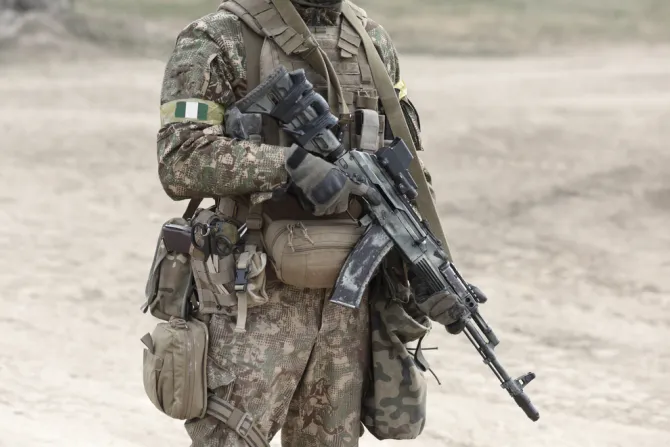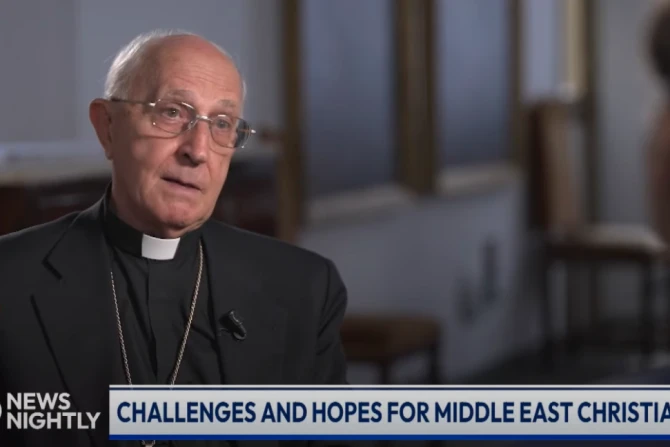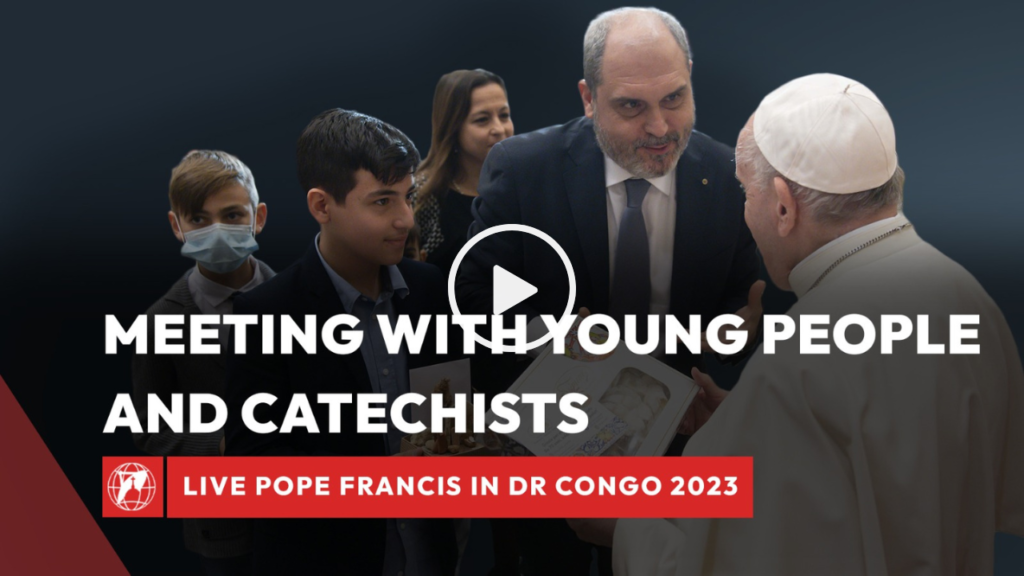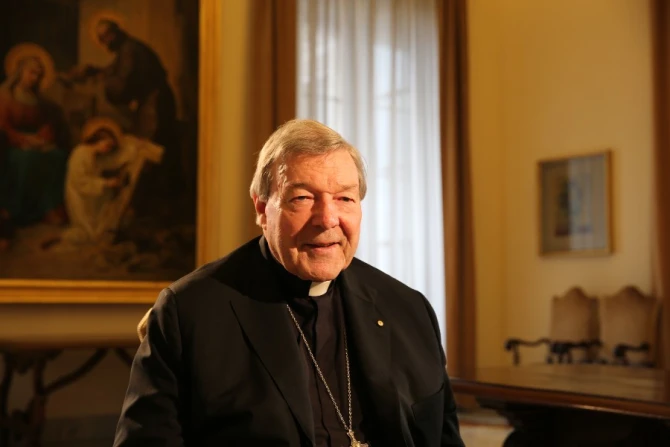Pope Francis said Sunday he is concerned about recent deadly clashes in the northern part of South Sudan.
“I follow with sorrow and concern the news from South Sudan about the violent clashes of the past few days,” he said Dec. 11 at the end his Sunday Angelus message.
Pope Francis is scheduled to travel to South Sudan’s capital city, Juba, in just under eight weeks.
“Let us pray to the Lord for peace and national reconciliation, so that the attacks may cease and that civilians may always be respected,” Francis said Sunday, after violence broke out in South Sudan’s Upper Nile state, in the north-eastern part of the country, last week.
United Nations agencies said over 9,000 people were displaced in the clashes, and an unknown number of people were killed.
Pope Francis’ Feb. 3-5 visit to South Sudan, which he will undertake together with the archbishop of Canterbury, Justin Welby, and the moderator of the Church of Scotland, Iain Greenshields, is to be a “pilgrimage of peace.”
The pope’s journey to South Sudan will follow a three-day visit to the city of Kinshasa, in the Democratic Republic of Congo.
The motto of the South Sudan trip comes from John 17: “I pray that all may be one.”
The dates of the pope’s travels to the two African countries was announced earlier this month; it was originally to take place in July but was postponed by the Vatican due to problems with Pope Francis’ knee.
The latest outbreak of violence in South Sudan is a continuation of fighting that began in August in a village in Upper Nile, according to Reuters.
In parts of the country, clashes over access to resources such as water and grazing land are common.
A missionary and bishop in South Sudan told journalists in April that the country is still working to implement peace, and that on his trip, Pope Francis will not find “peace realized, but peace persisting.”
The logistics of the pope’s trip will be difficult, but the national security authorities are prepared to handle it, Bishop Christian Carlassare of Rumbek said via video call April 21. “There are no major risks” to Pope Francis’ safety, he added.
He said the country is also facing economic problems, conflicts connected to the control of resources such as oil, and farming issues caused by hard rains and flooding.






